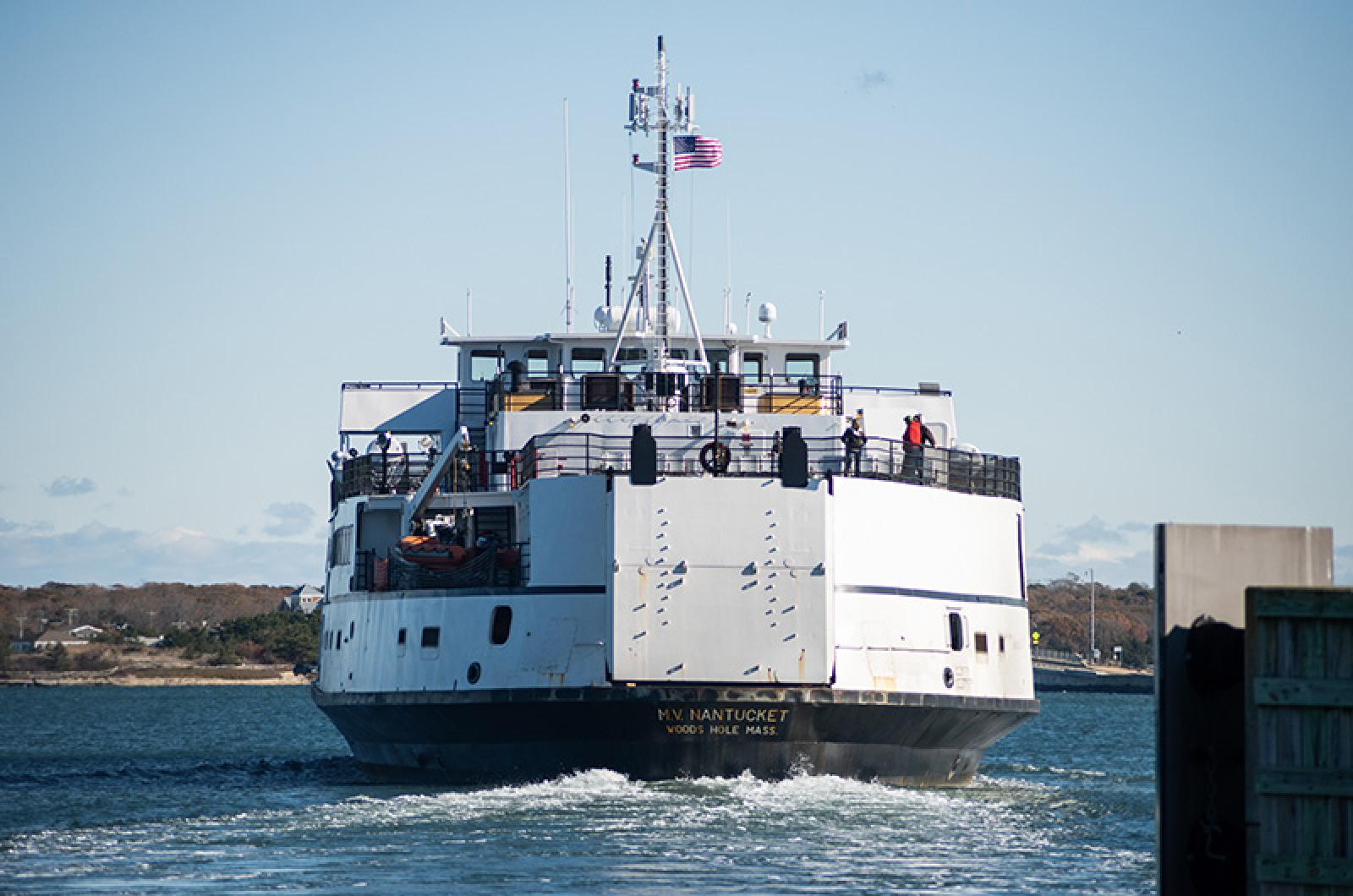If Martha’s Vineyard’s state legislators hoped to provoke action by the Steamship Authority by filing a bill that would change its management structure, then their strategy seems to be working.
If, on the other hand, they really think the legislature should be monkeying with the boat line’s enabling legislation, that would be a real worry.
Apparently spurred by HD4841, the SSA’s board of governors this week agreed to put the dormant issue of hiring a chief operating officer — a key recommendation of a management study four years ago — on its meeting agenda for March.
The bill, filed by state Rep. Dylan Fernandes and Sen. Julian Cyr, would amend the SSA’s enabling act in two ways: to add a No. 2 reporting to the general manager and to set term limits for members of the five-seat board of governors.
Both are sound ideas that could and should be done without opening up the boat line to interference by a bunch of people with literally no business delving into its operations.
The blessing and the curse of the Steamship Authority is that it takes no state money, other than the occasional grant. Unlike most ferry services and other public transport agencies, it operates almost entirely on user fees. And despite the perennial griping about the cost of service, one thing the boat line and its general manager Bob Davis has done well is balance the books.
But though he has added a few key positions to his management ranks, Mr. Davis has resisted hiring a chief operating officer, despite a clear call for the position in an independent review of the boat line in 2018 by HMS Consulting in Seattle, which found a culture that prioritized penny-pinching over long-range planning. One wonders whether someone who wasn’t already busy keeping the ferries running might have kept a better handle on the terminal reconstruction project, beset with cost overruns.
The crisis that precipitated the HMS review has passed, and the SSA’s board of governors has seemed reluctant to press the issue. Perhaps there is another plan in the works to achieve the same result — to reduce reliance on a single decision-maker and create a succession plan that creates a clear path to the future. If so, let’s hear it.
This is a decision best left to the people who are charged with running the organization, not the state legislature, which might well decide it had other, less appealing ideas about how the boat line that is the lifeline for the two Islands should operate.
Let’s hope that risk is enough to spur some action.




Comments
Comment policy »